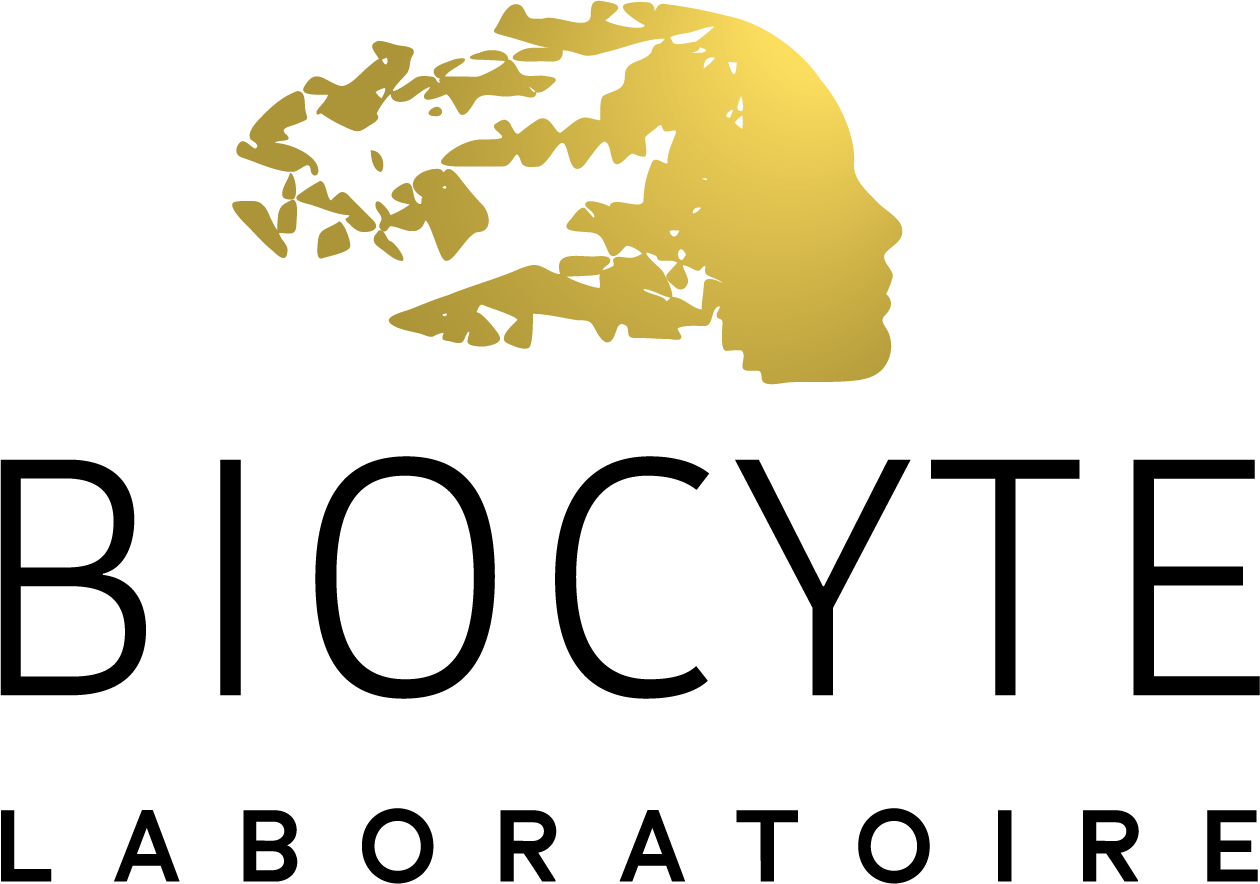Conseils d'expertsWhat are digestive enzymes used for?
By Frédéric Levy, co-founder of Biocyte and doctor of pharmacy
Updated on 23/02/2024
Reading time: 1 min
Digestion process: the key function of digestive enzymes
Digestive enzymes are essential for the body's processing and assimilation of food. They are naturally produced by the digestive system, specifically in the salivary glands, stomach, pancreas, and small intestine. Digestive enzymes complement each other and work synergistically to properly regulate digestion. A deficiency can cause many problems such as bloating, constipation, and more. Discover the role of digestive enzymes and solutions for boosting any impaired production.
Digestive enzymes: essential to the body
Digestive enzymes are proteins synthesized by the digestive system. They trigger a chemical reaction by breaking down complex foods and then filtering out essential nutrients for the body.
Each type of enzyme produced by the digestive system—from the time food enters the mouth until it reaches the intestine—plays a specific role:
— Salivary gland enzymes secrete amylases that convert starch into maltose.
— Pepsinogen is an inactive enzyme secreted by the stomach that is converted into pepsin under the action of hydrochloric acid. Pepsin then breaks down proteins into peptides.
— Pancreatic juice contains several digestive enzymes that catalyze carbohydrates, proteins, and lipids. These enzymes include:
- pancreatic amylase which converts starch into maltose,
- pancreatic lipase which transforms lipids into glycerol and fatty acids,
- pancreatic proteases that break down proteins into amino acids.
— The wall of the small intestine also produces digestive enzymes, including maltase, invertase, and lactase. These convert maltose into glucose, sucrose into glucose and fructose, and lactose into glucose and galactose, respectively.
— The small intestine also secretes aminopeptidase and dipeptidase, enzymes that act on proteins and peptides to convert them into amino acids. The intestine also produces deoxyribonuclease and ribonuclease, which break down nucleic acids into sugars and nitrogenous bases.
Causes and consequences of impaired enzyme production
At the end of the process of transforming complex foods into essential nutrients for the body, all digestive enzymes must remain intact and ready to act again. However, several situations can alter the production of enzymes such as digestive disorders , chronic diseases, an unbalanced diet, or even premature cellular aging.
Digestive enzyme deficiency can lead to abdominal pain, bloating, regurgitation, intestinal gas, diarrhea, etc. Insufficient enzyme production can also lead to other health problems such as allergies, skin diseases, chronic illnesses, diabetes, etc.
Some diseases, such as osteoporosis, are caused by a deficiency in proteases, a type of enzyme that hydrolyzes proteins. A lack of lipases—enzymes that convert glycerides—can also lead to increased levels of bad cholesterol in the blood or difficulty losing weight. In addition, a person with amylase deficiency may experience fatigue, depression, cold feet and hands, and more.
To promote the production of digestive enzymes, a healthy and balanced diet is recommended. It is also advisable to chew food thoroughly, eat slowly, and eat in a calm environment to avoid stress and anxiety.
How to restart the production of digestive enzymes?
Thanks to peppermint,
5 Enzymes from the Biocyte laboratory promotes, for example, good digestion, contributes to the regulation of digestive functions and helps maintain a healthy stomach. This dietary supplement contains amylase. 5 Enzymes is also composed of cellulase. It also contains lactase and protease. This
dietary supplement also contains lipase. The Biocyte laboratory also offers its
LONGEVITY range . You will definitely find the dietary supplement best suited to your needs.
To avoid digestive and health problems related to enzyme deficiency, it is also recommended to consume foods rich in natural digestive enzymes. Pineapple, for example, contains bromelain, a group of digestive enzymes that aids digestion and promotes protein absorption. Papaya is also rich in proteases commonly known as papains. To benefit from these benefits, it is recommended to eat these fruits fully ripe and uncooked. Mango also contains amylase enzymes that catalyze carbohydrates so they can be absorbed by the body. Honey is also a food rich in digestive enzymes. It contains diastase, amylase, invertase, and protease, among others.






